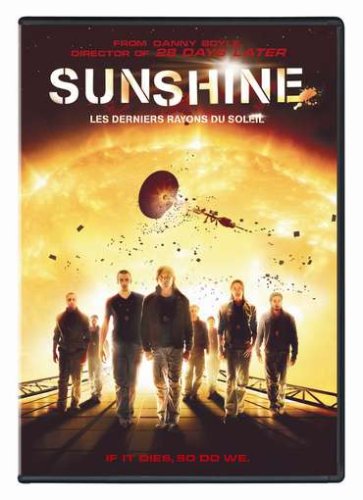All Nonfiction
- Bullying
- Books
- Academic
- Author Interviews
- Celebrity interviews
- College Articles
- College Essays
- Educator of the Year
- Heroes
- Interviews
- Memoir
- Personal Experience
- Sports
- Travel & Culture
All Opinions
- Bullying
- Current Events / Politics
- Discrimination
- Drugs / Alcohol / Smoking
- Entertainment / Celebrities
- Environment
- Love / Relationships
- Movies / Music / TV
- Pop Culture / Trends
- School / College
- Social Issues / Civics
- Spirituality / Religion
- Sports / Hobbies
All Hot Topics
- Bullying
- Community Service
- Environment
- Health
- Letters to the Editor
- Pride & Prejudice
- What Matters
- Back
Summer Guide
- Program Links
- Program Reviews
- Back
College Guide
- College Links
- College Reviews
- College Essays
- College Articles
- Back
Sunshine
As I was sitting on the couch flipping through channels, all of a sudden I saw something on TV that caught my eye. There was a sudden explosion that was being fueled by an extremely oxygen rich room. Intrigued, I stayed on the channel thinking that this one entertaining moment would pass by very quickly; but it did not. I found myself turning up the volume and listening to frightened crew members on board the Icarus II Space Shuttle. I continued watching the movie but didn't finish it because I didn't really know what was going on. I decided I wanted to get the movie and watch the whole thing so that I would know what was going on from the very beginning.
Life went on and I forgot about that movie for quite some time. I'm not a huge fan of TV watching so I didn't really remember it after about a week.
One day I heard my friend talking about a movie called Sunshine. I had never heard of it but from what he was saying it sounded really good. It just so happened that I was going to be driving to Spokane with him so we thought it would be a good idea to bring this movie along to watch since it was going to be such a long car ride. I realized that this was similar to the movie that I had seen on TV a long time ago and after watching a little bit more of it, I found out that it actually was. Especially once I saw the spectacular explosion inside the extremely oxygen rich environment. It wasn't until the end that I realized how great this movie was and how amazing and uplifting the plot was. it had examples of self sacrificing people, people that would put their own life at risk just so that other people would be able to live, loving people, caring people, and many more uplifting things. in a nutshell, this is what makes this movie so good:
The Sun is going to be dying in the near future, leaving the Earth in a "solar winter", and threatening all life on the planet. The situation forces humanity to send a spacecraft to the Sun in 2050, the Icarus I, which carries a gigantic payload, an experimental nuclear bomb intended to reignite the Sun. The Icarus I mission is led by Captain Pinbacker, an apparently devotedly religious man but psychologically unbalanced. The Icarus I however disappears without a trace and its vital mission is never completed.
Several years later, in 2057, a second spacecraft with a new stellar bomb, the Icarus II, is sent off to the Sun in a final attempt due to all remaining fissile materials on earth having been mined for the payload. The bomb of the Icarus II has the same mass as Manhattan and all hope for the future now rests on this mission. When the Icarus II passes Mercury on its way to the sun, communications officer Harvey discovers the distress beacon of Icarus I which was lost seven years beforehand for causes unidentified. Physicist Capa is asked by Captain Kaneda to decide whether to change course and approach Icarus I. After a risk assessment, Capa decides to rendezvous with the suffering vessel in order to obtain another payload and double their chances of triumph.
Kaneda and Capa go on a spacewalk to manually repair some damaged panels, and an unintended automatic override by the ship's computer puts the two men at risk of fatal solar exposure. Kaneda orders Capa to return to the ship because of Capa's important position as operator of the important payload and Kaneda chooses to sacrifice himself to complete the vital repairs. Kaneda is incinerated when the heat shield he is on once again turns to fully face the Sun, although he completes his task. The incident that causes the override is a fire in the ship's oxygen garden, an artifical bio-dome which creates oxygen for the crew to breathe and where food and plants are grown to eat.
After rendezvousing with Icarus I, the crew encounters many problems and conflicts but eventually they get to the sun and complete their mission. All hope and life is restored.
Similar Articles
JOIN THE DISCUSSION
This article has 0 comments.

